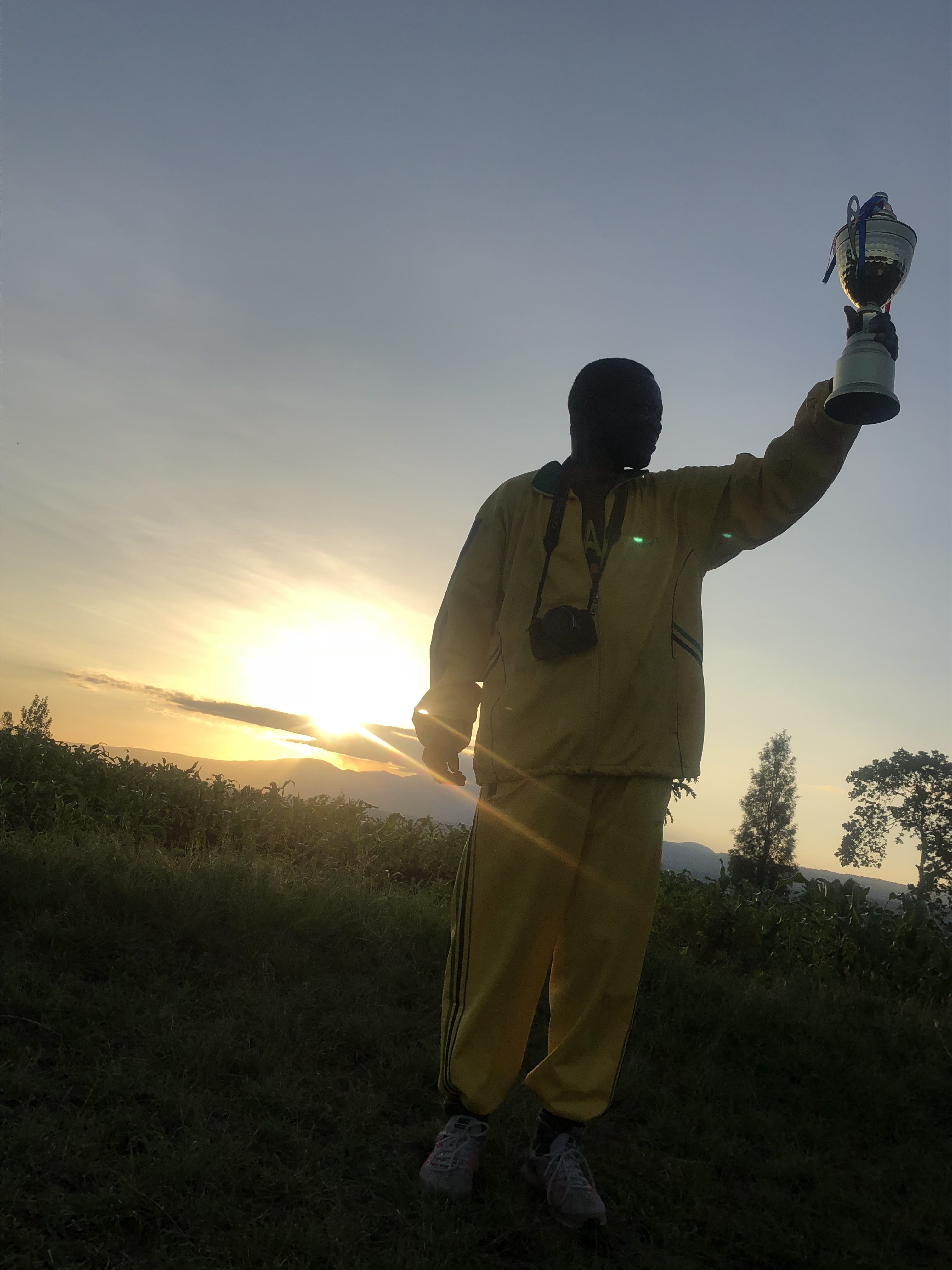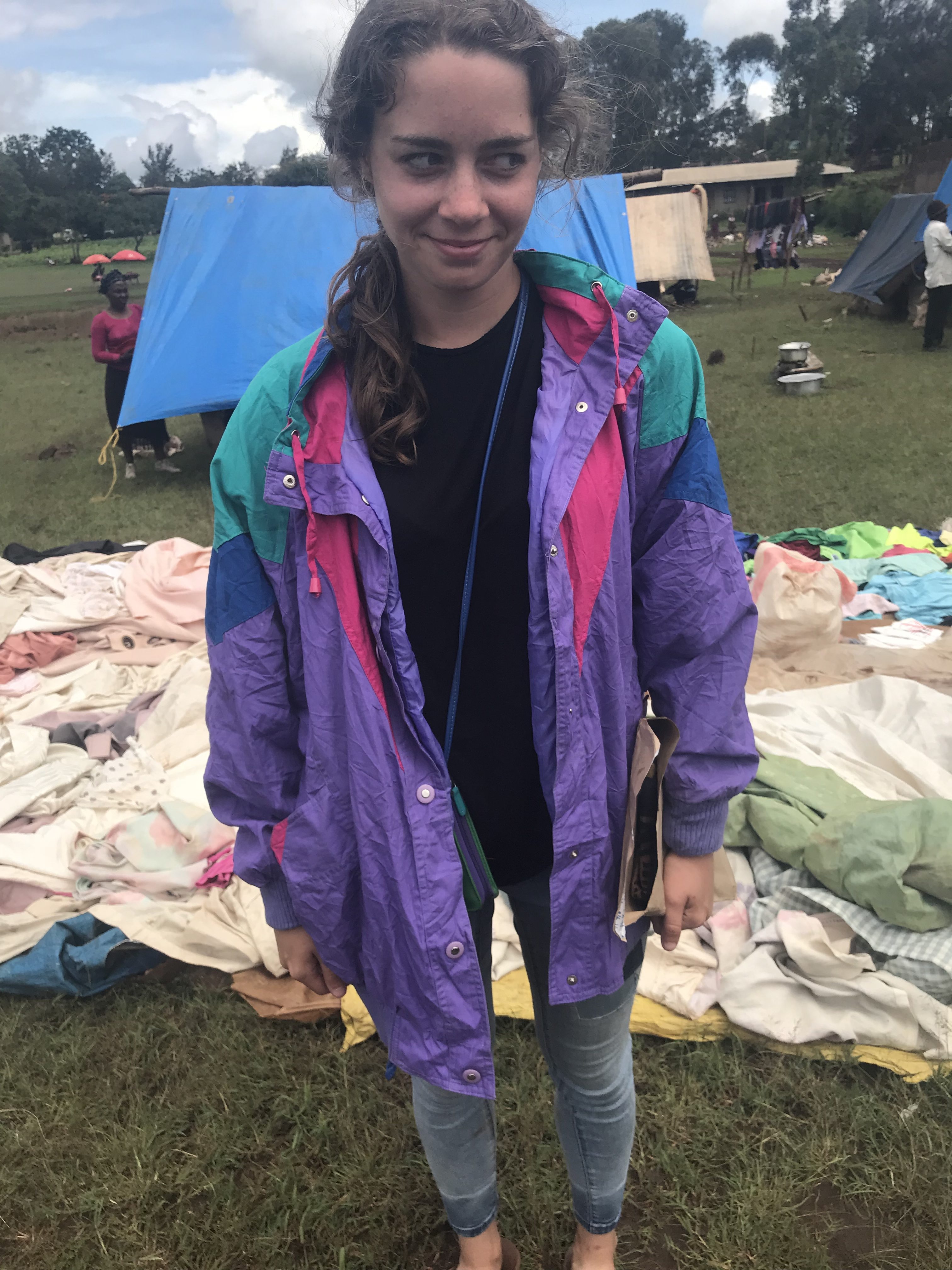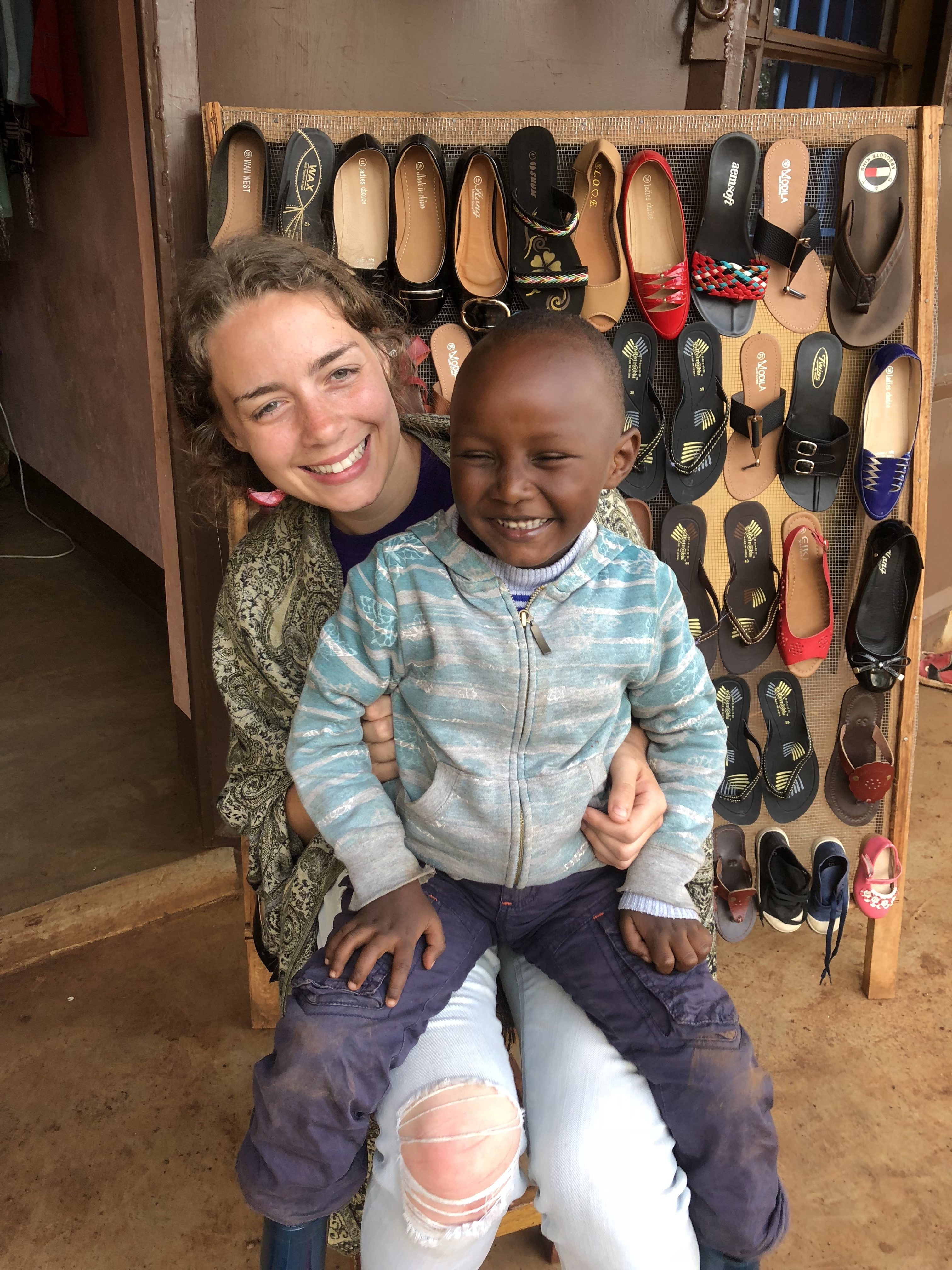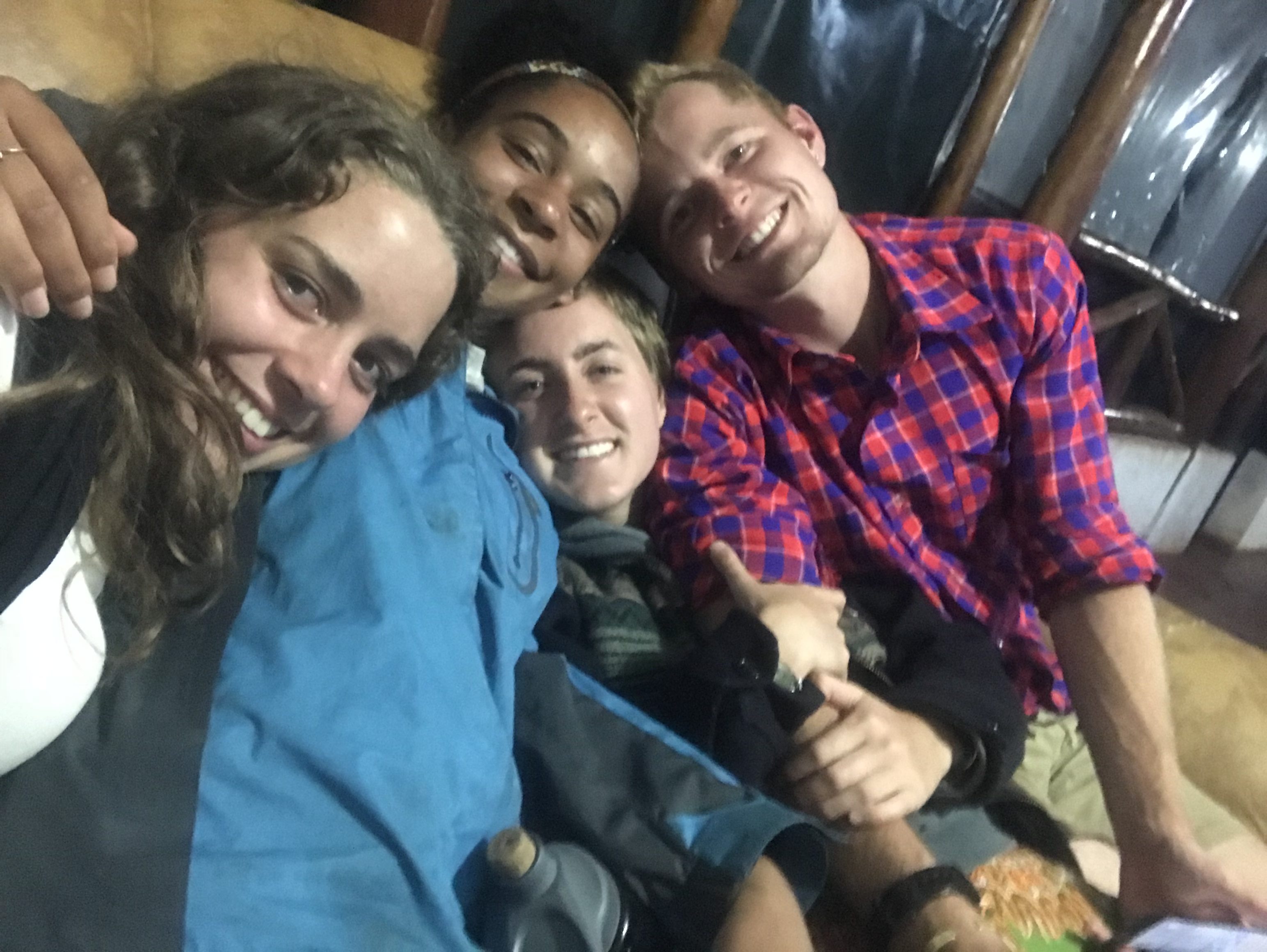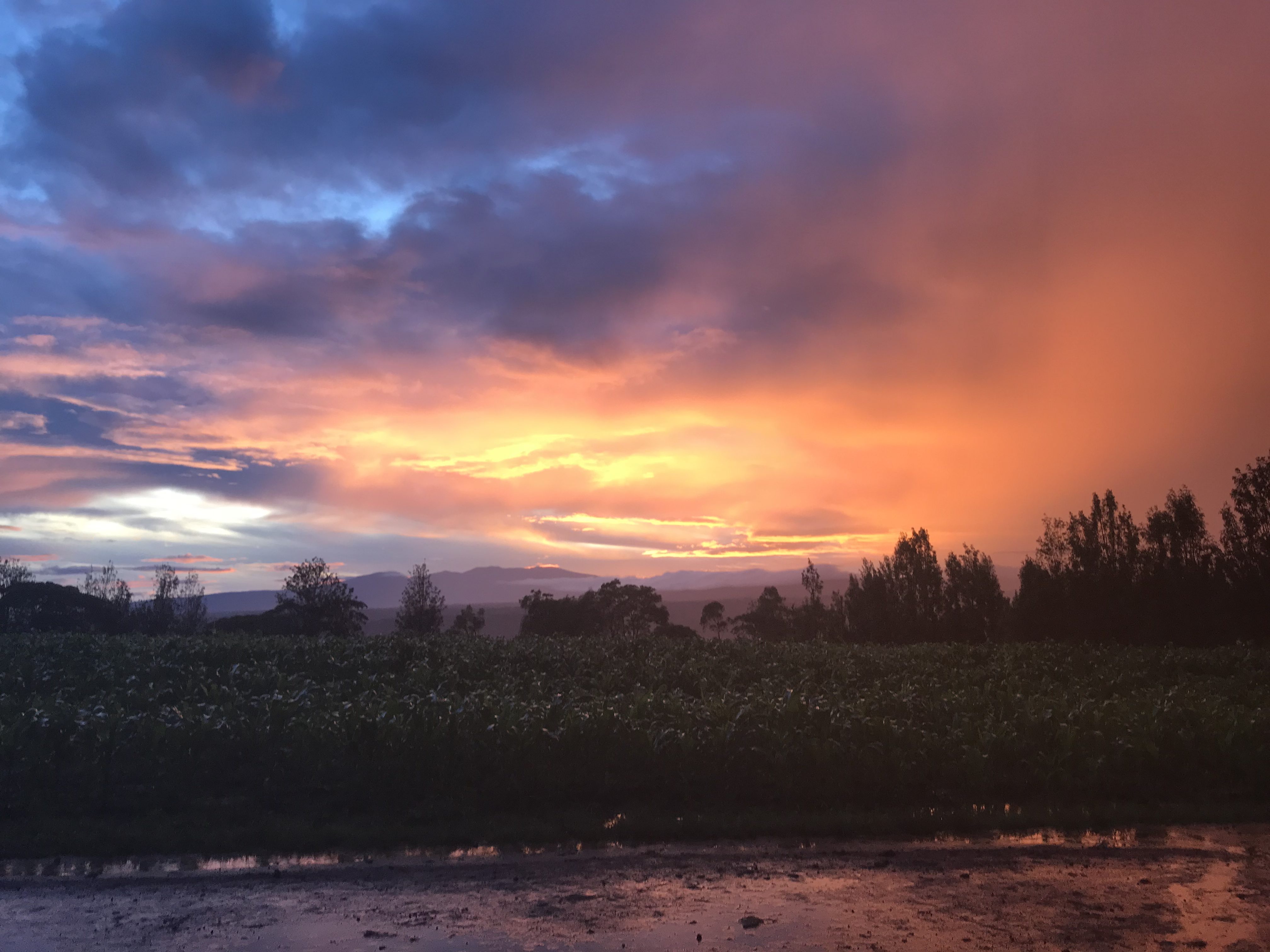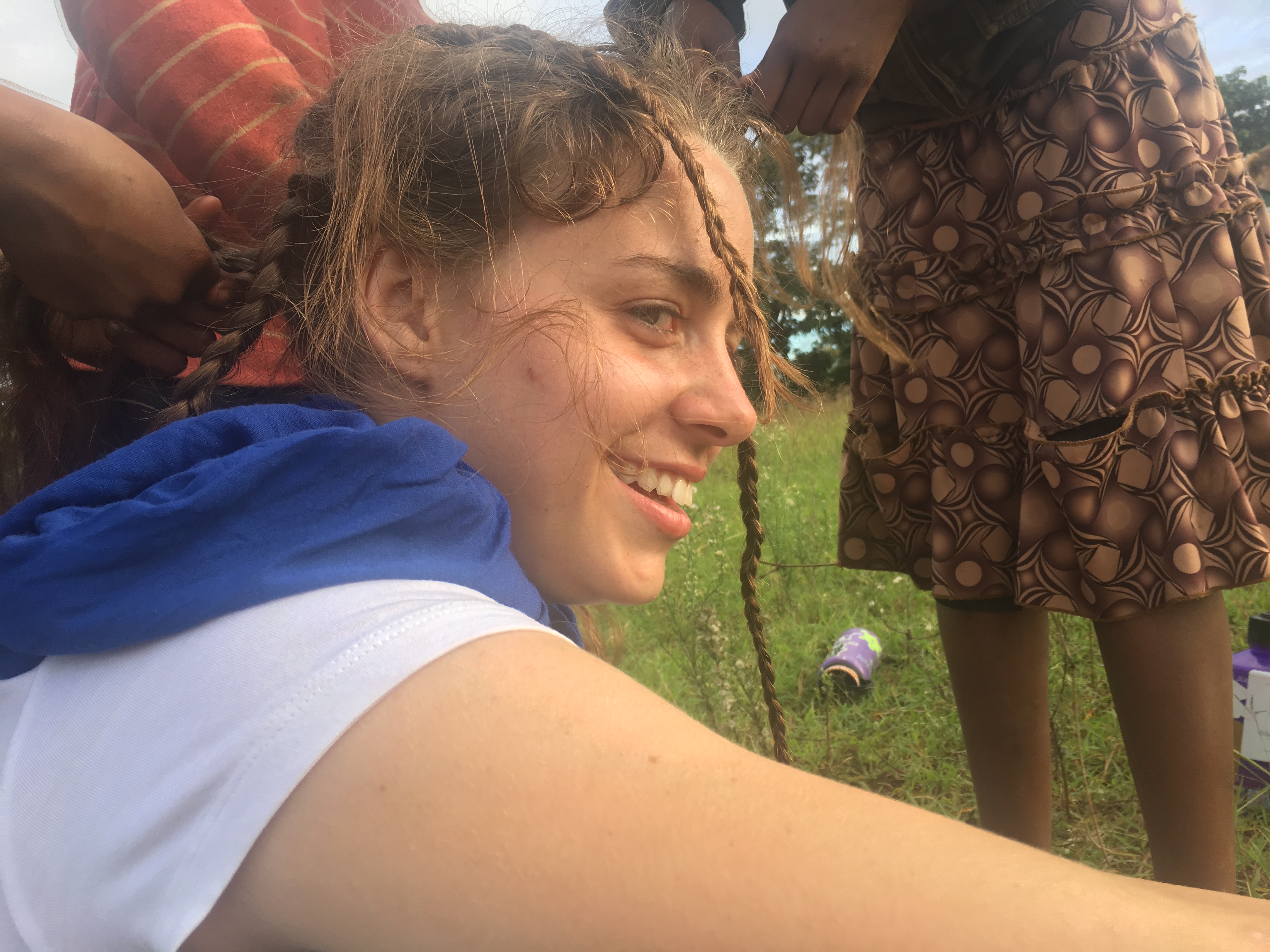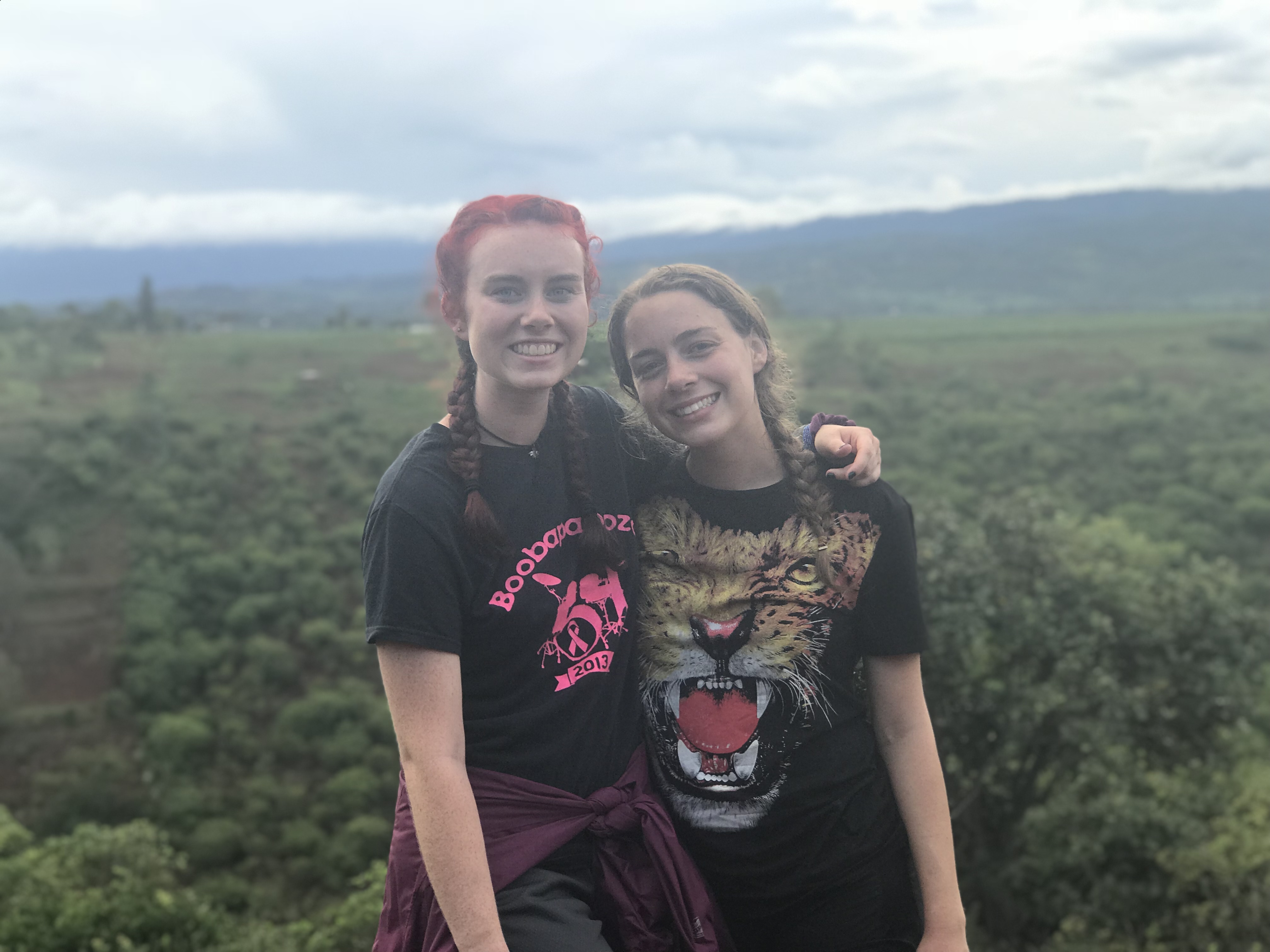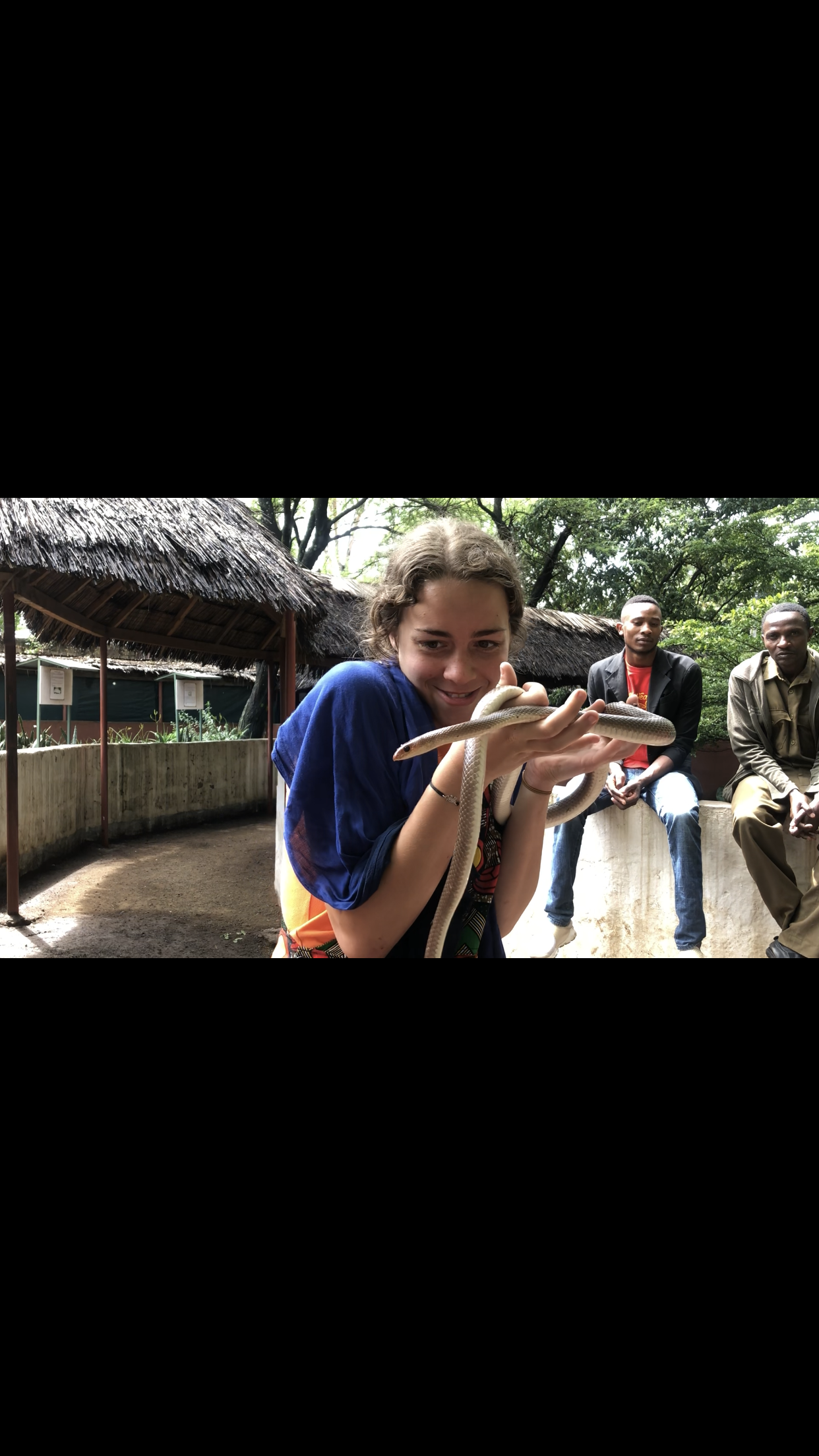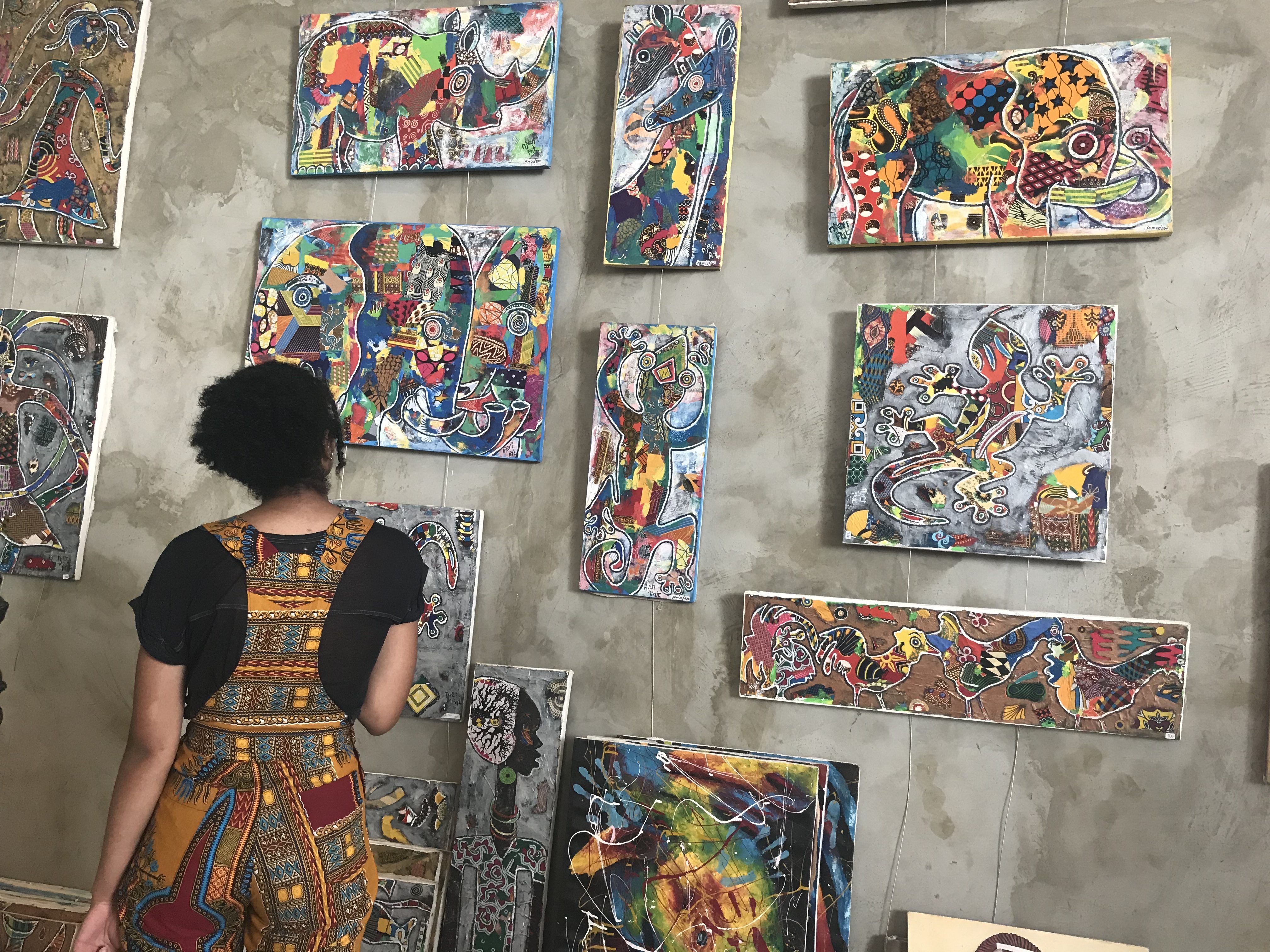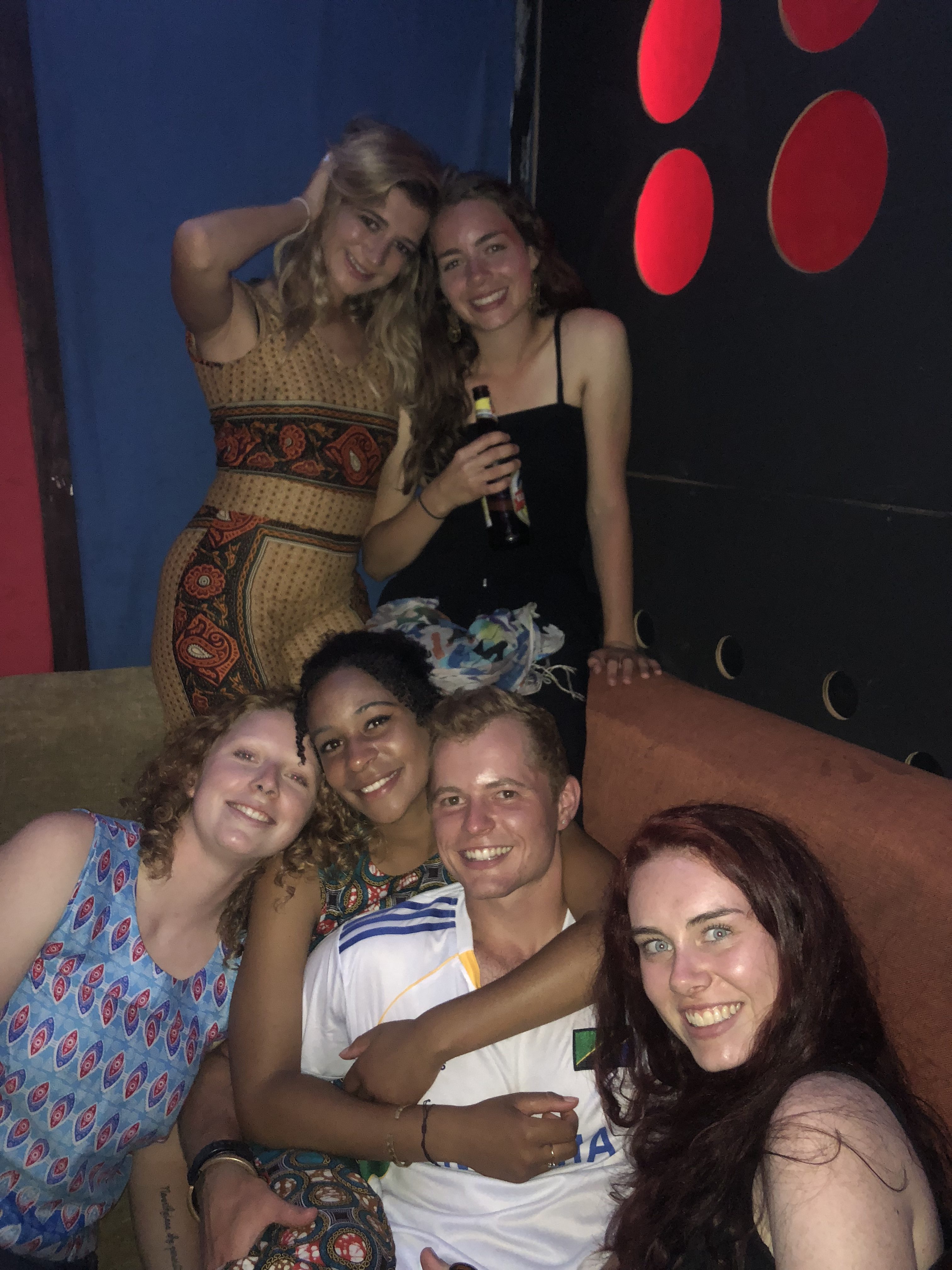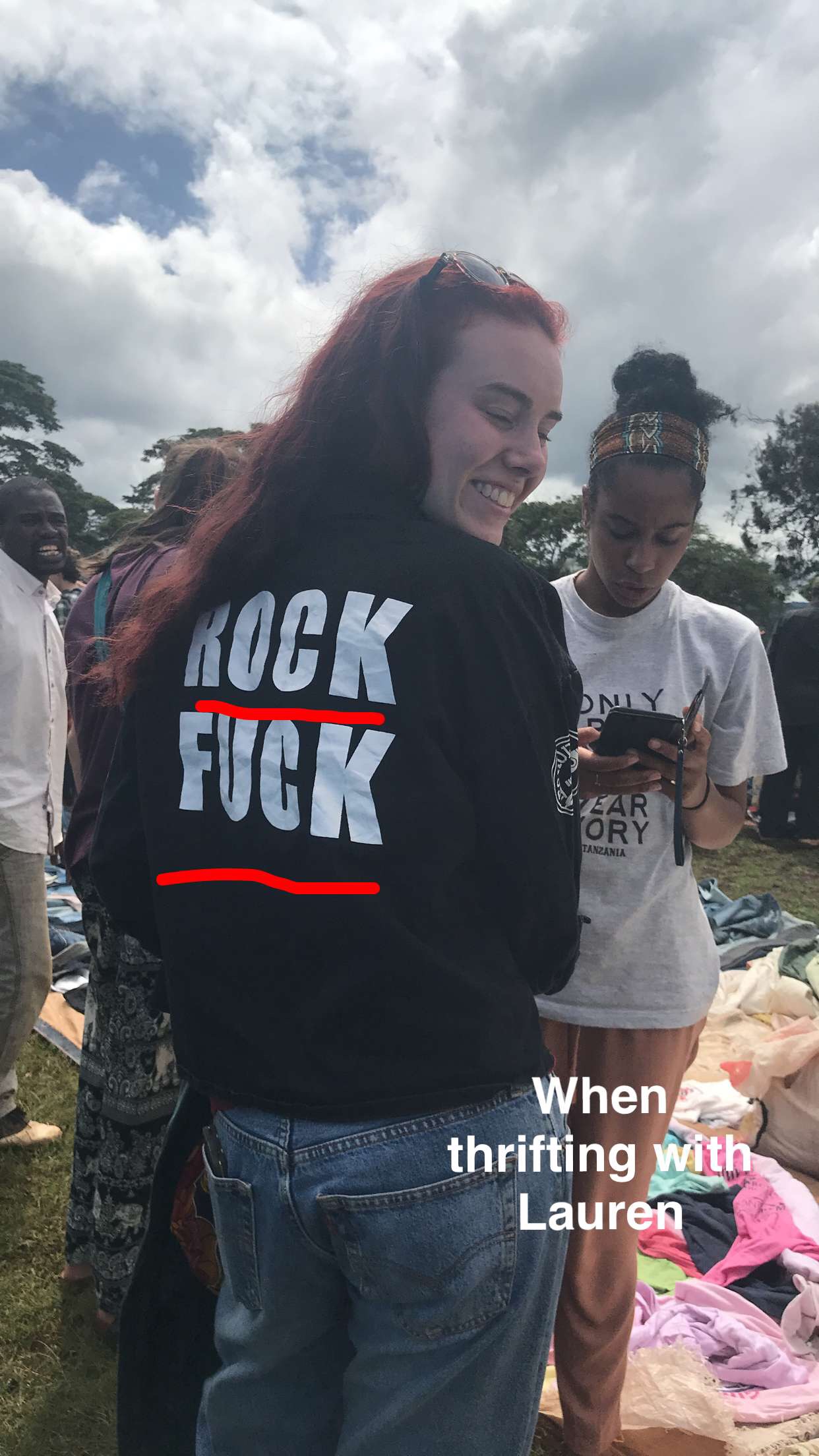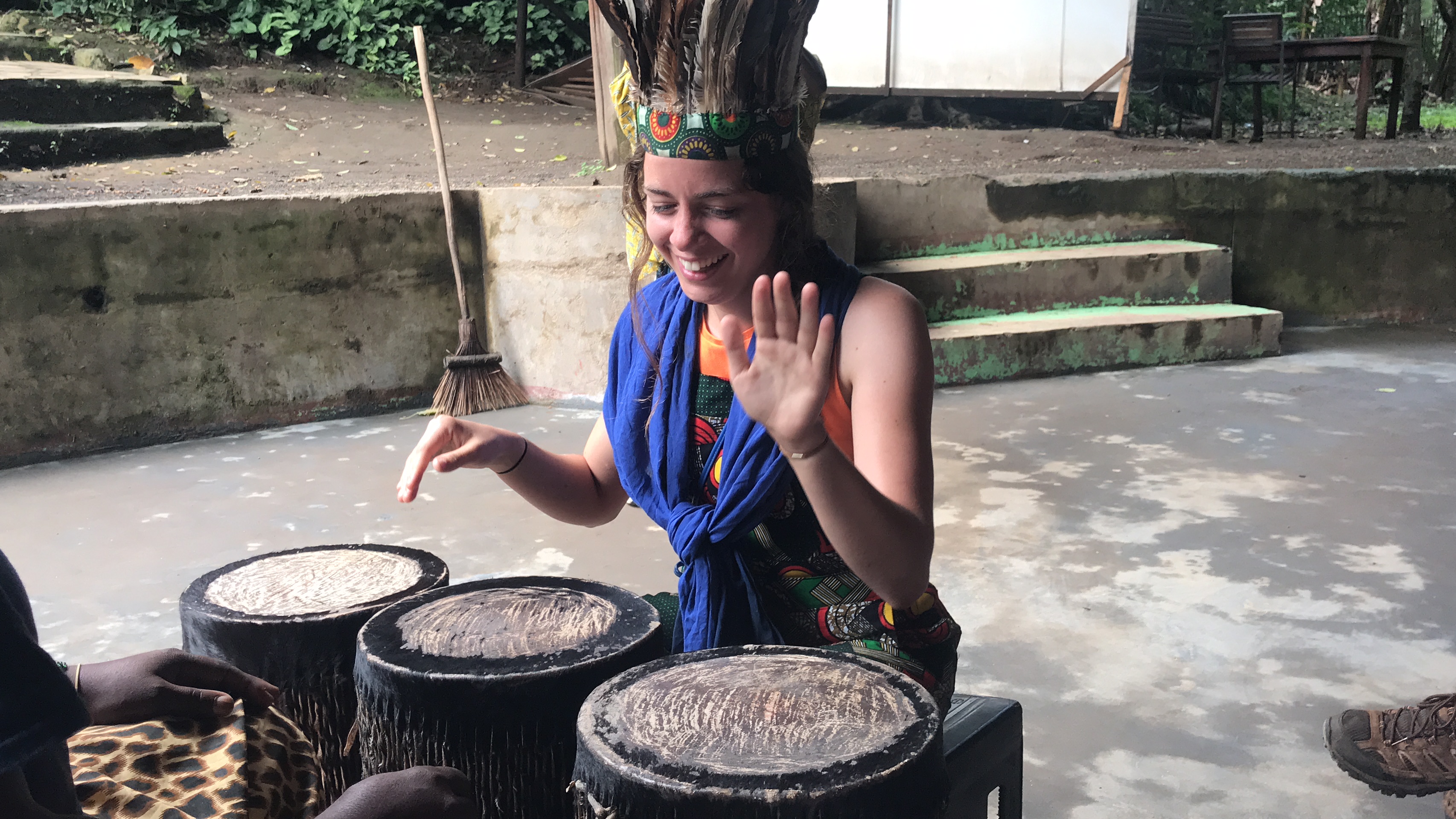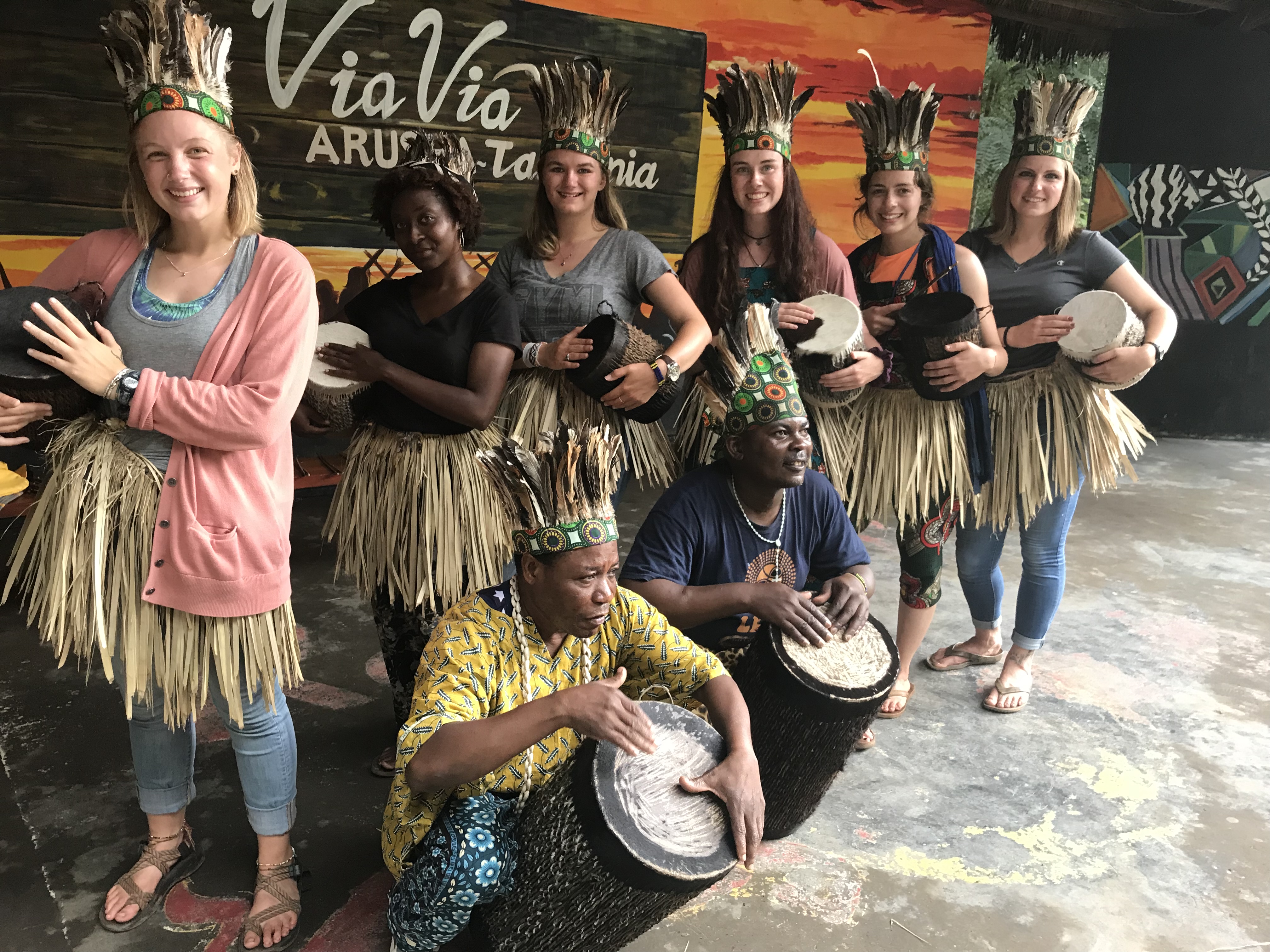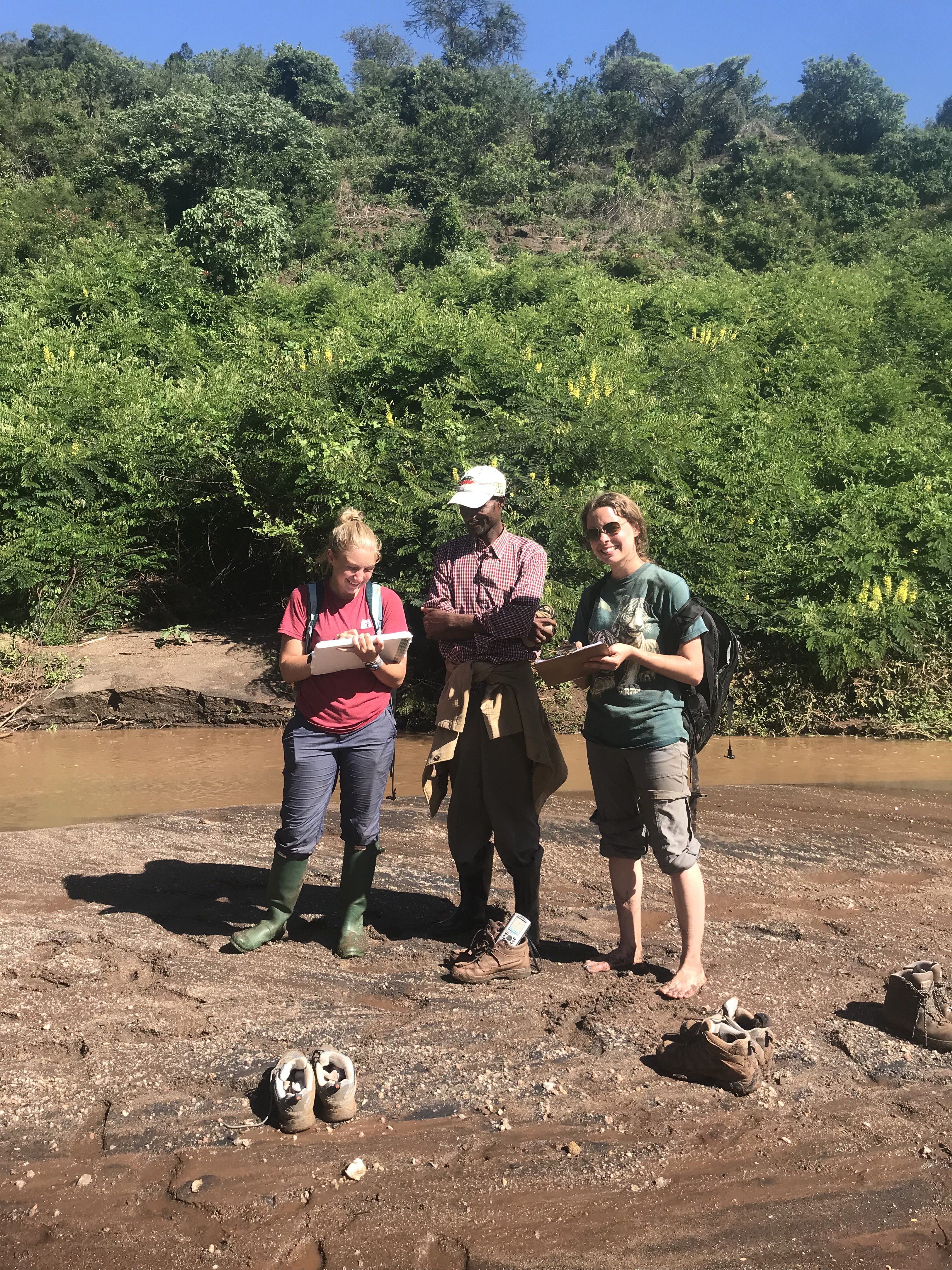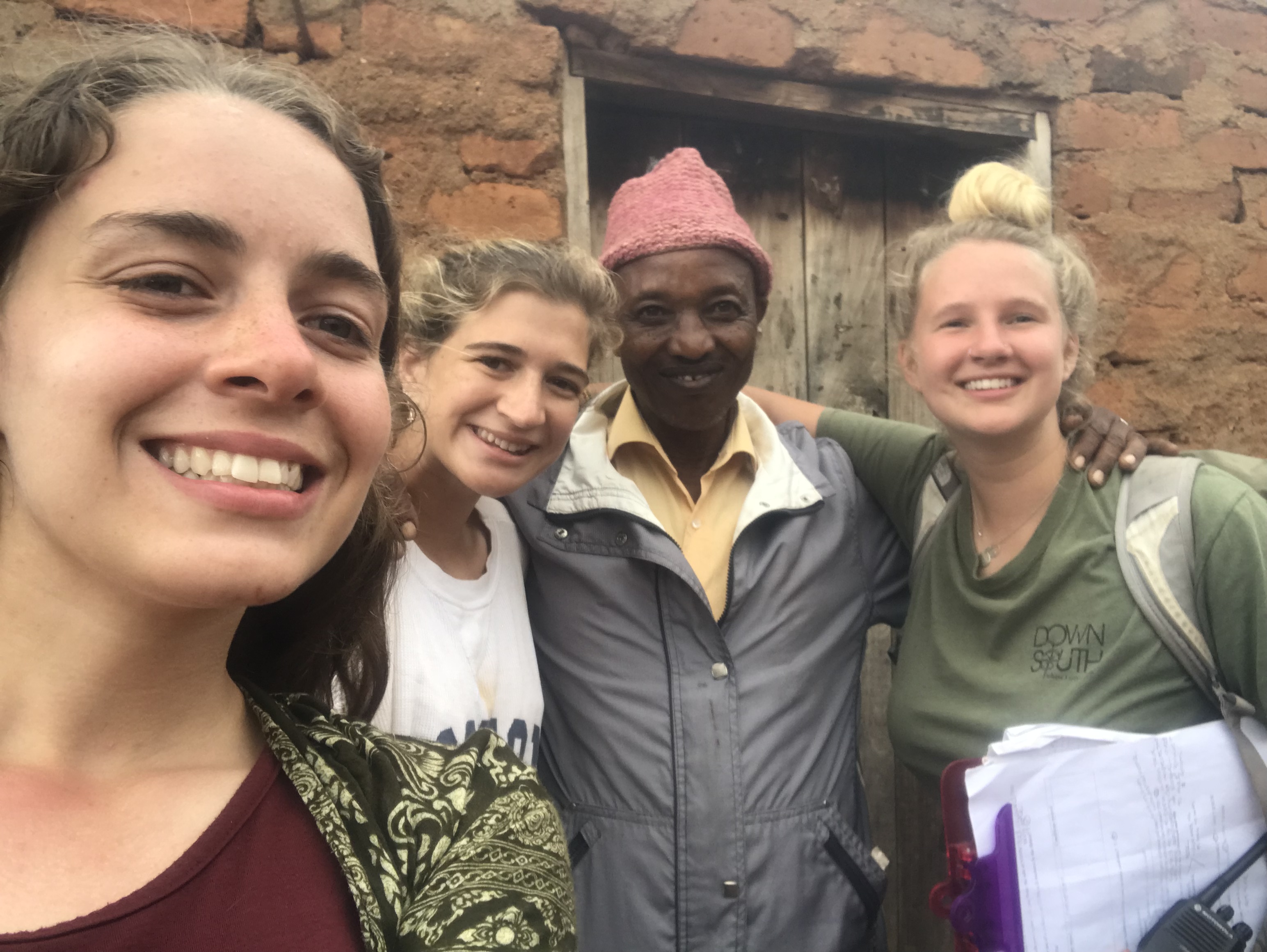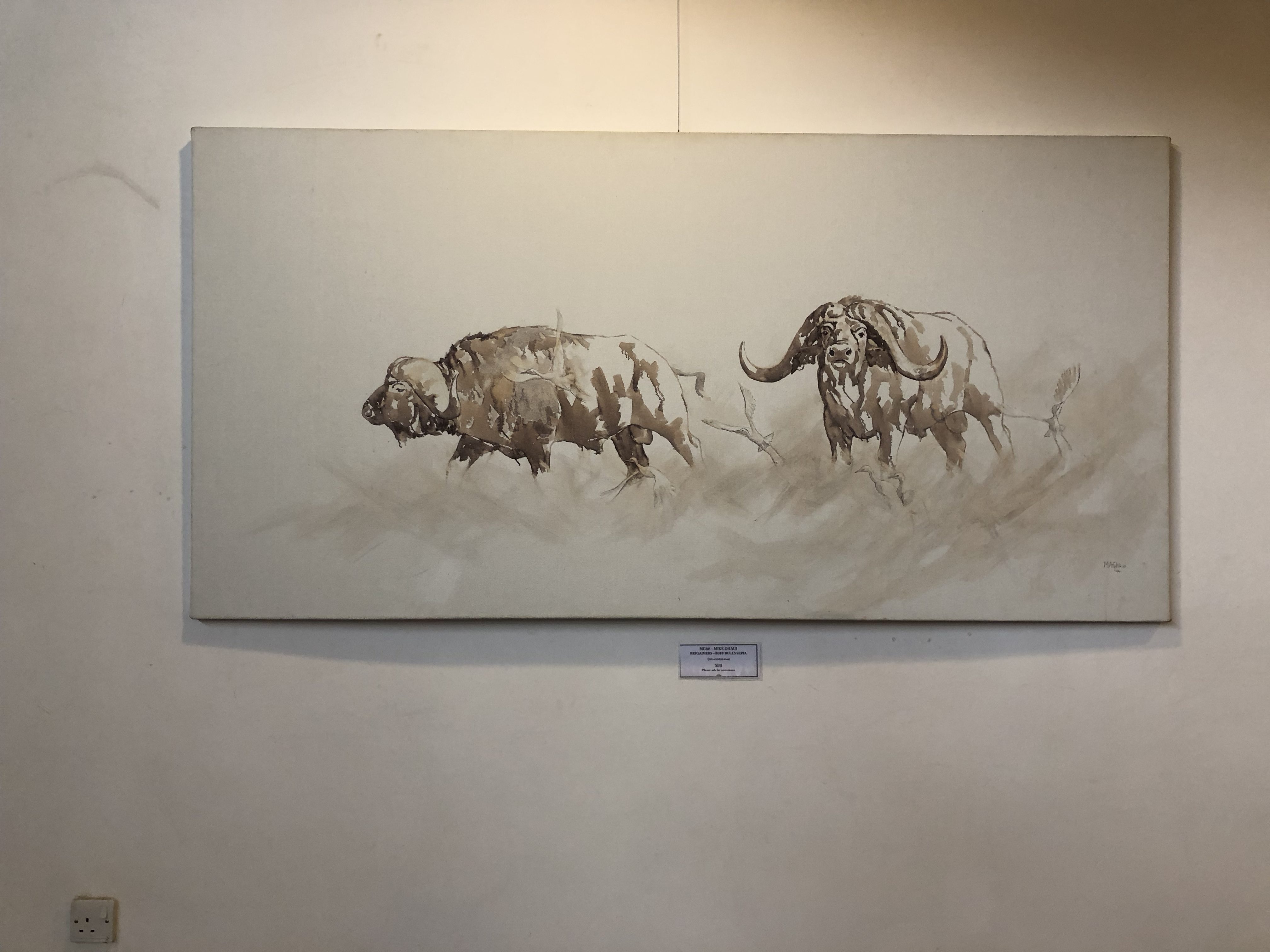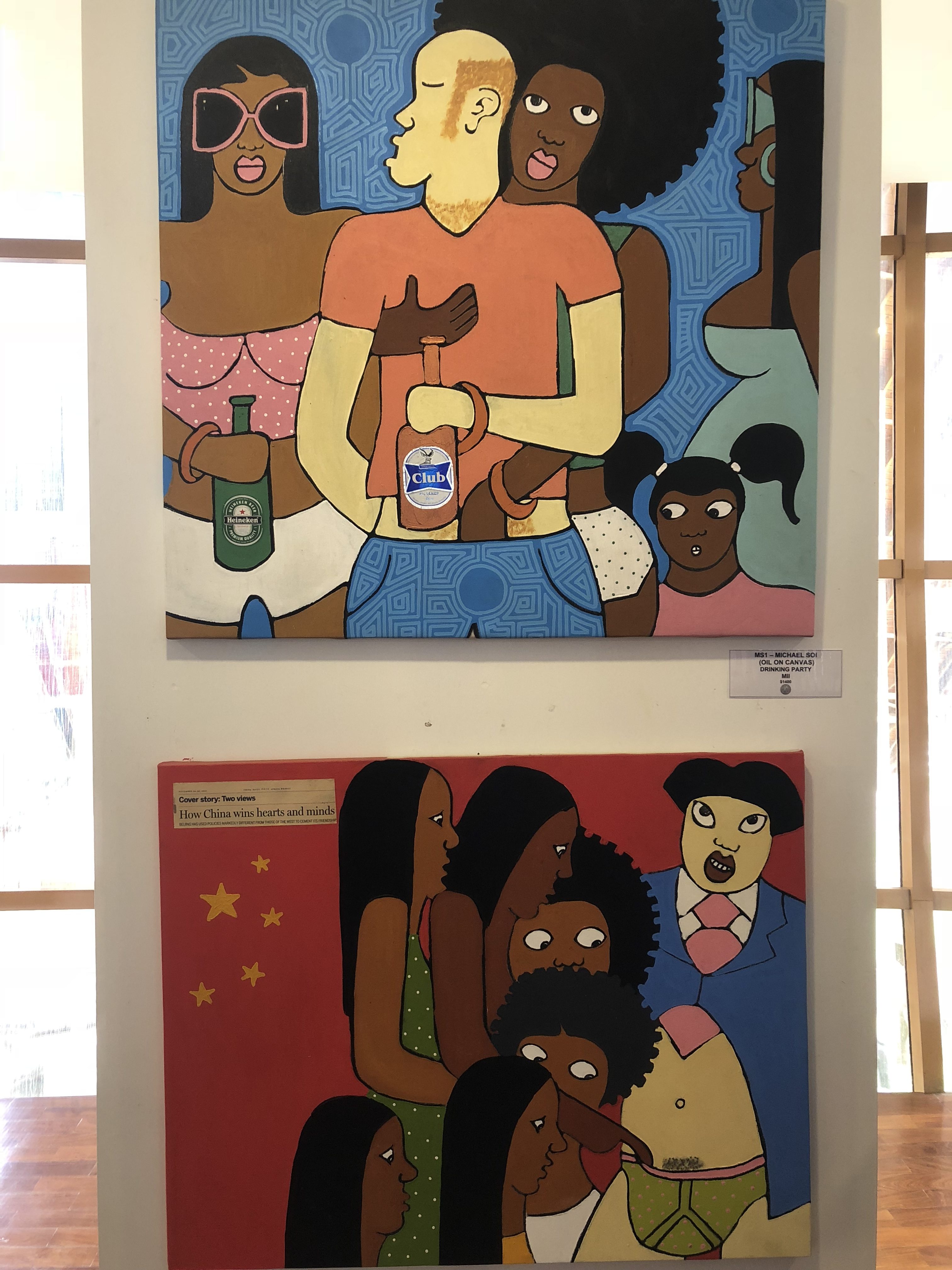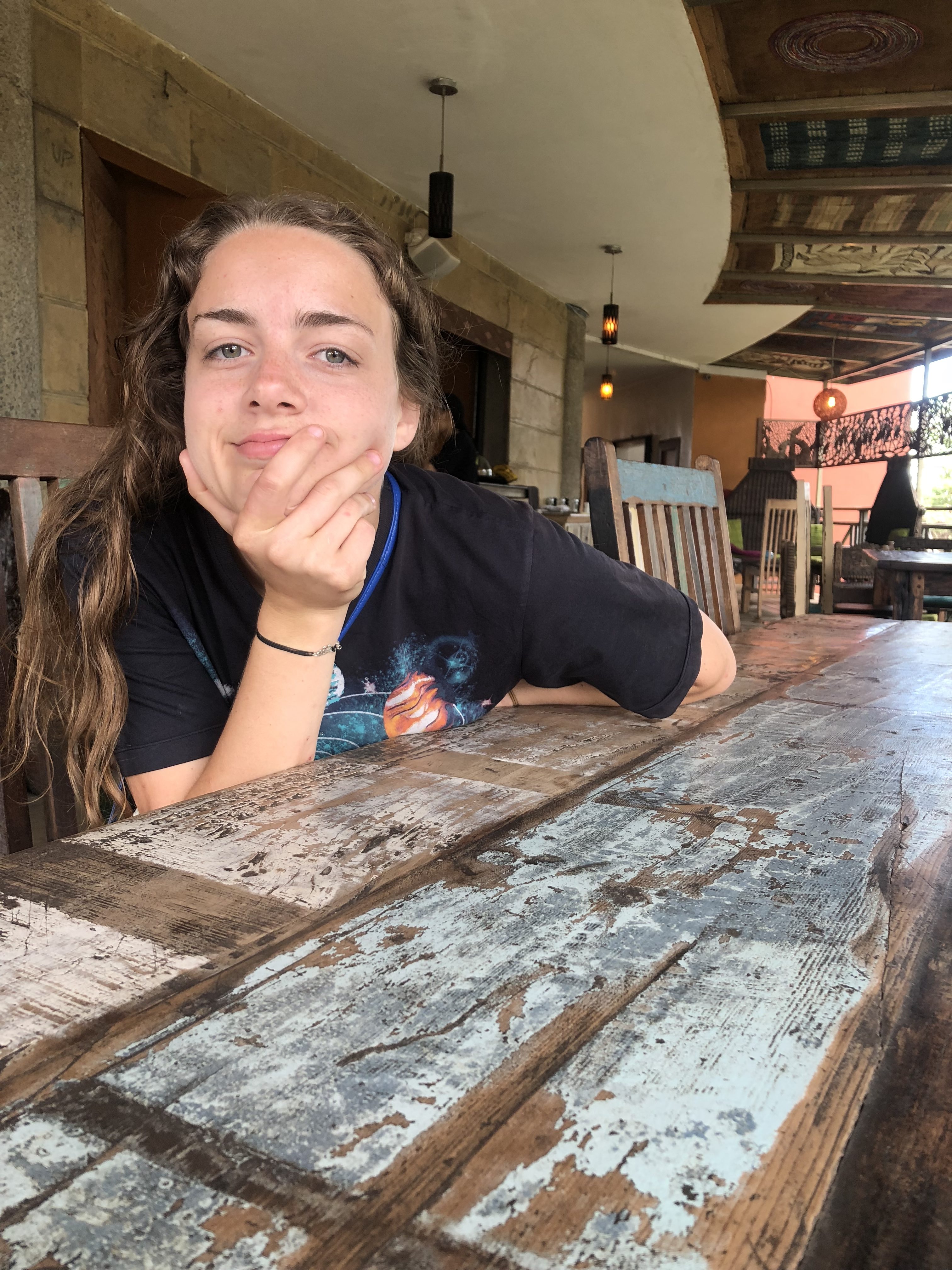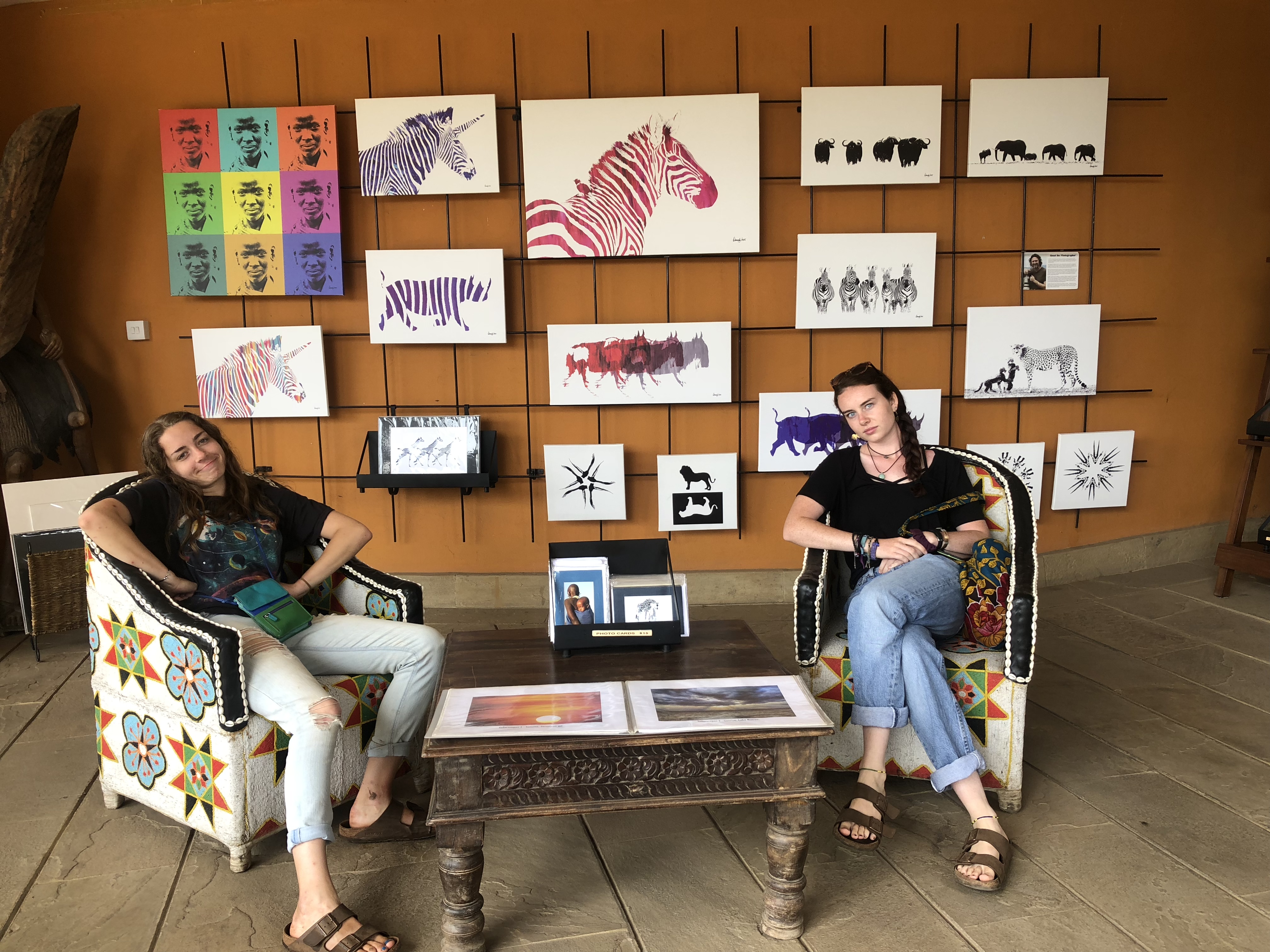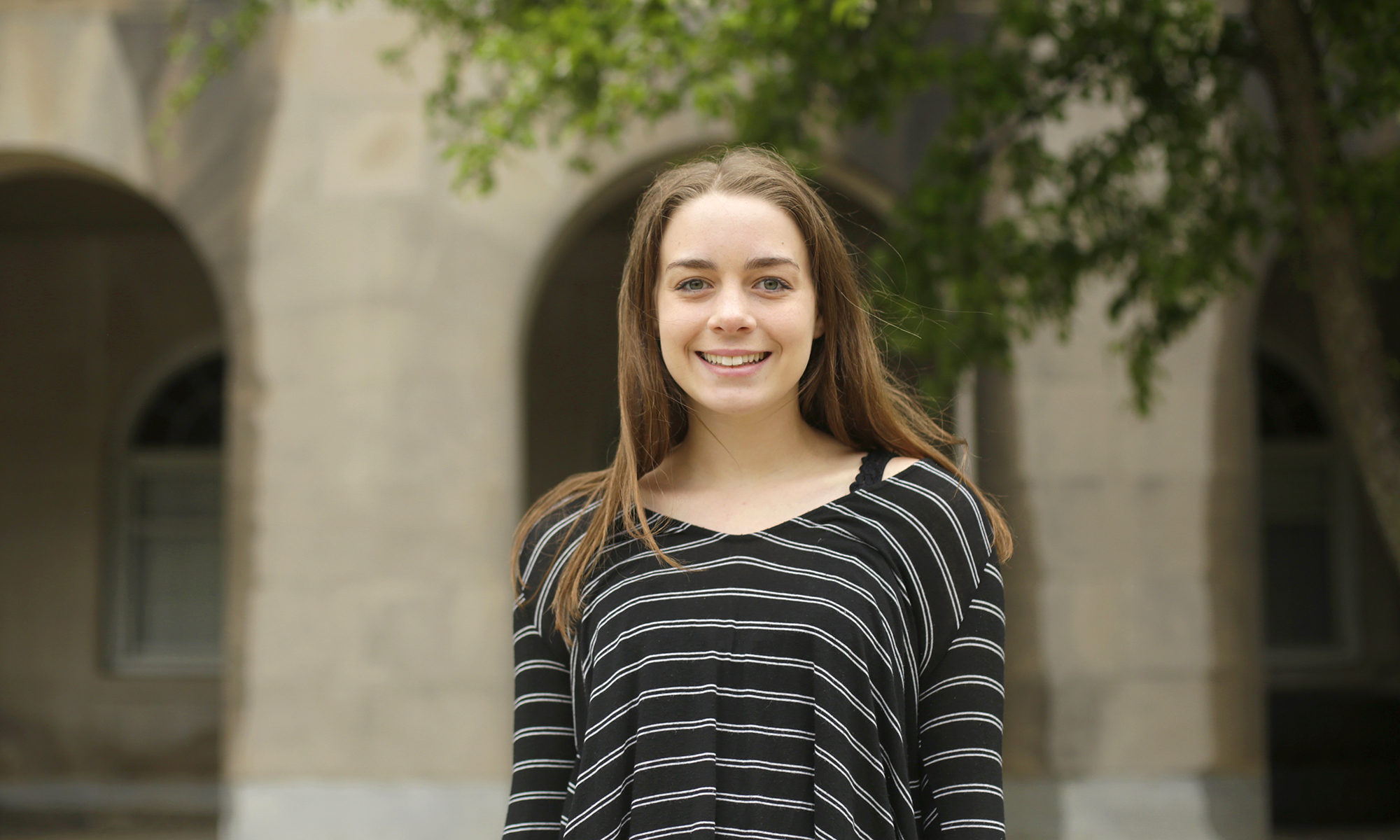Hello, hello!
Following the Serengeti, we had a week full of exams. After, we had “spring break” in the nearby city Arusha and are now working on directed research.
One of the most pressing things on my mind recently has been the flooding that happens in my area during the wet season. To give you a rundown: we live on an escarpment in the Karatu district. Agriculture is the main source of income in the area, which has led to high rates of deforestation and human encroachment. This means that land erosion is high because there are not proper root systems holding the ground in place. Additionally, it means that the water catchment system is lacking because there are not proper systems to hold the water, so instead it floods over. High land erosion plus the ability to flood over the escarpment means that the town below the great ridge (called Mto Wa Mbu) often floods. Land erosion in correspondence with floods ultimately leads to the siltation (drying up) of Lake Manyara, the main water source for both humans and wildlife in the area.
As a student, I have had the opportunity to study where land erosion and human encroachment are most common and what the water-related issues are. I have also learned that increased rainfall during the wet season (and decreased during the dry season) has been due to global climate change. However, it was not until the other day that I got a very human side to the flooding issue. A man was waving our car down, begging for a ride. My professor pulled to the side and asked where he was going, to which the man explained that he had to go to the local government to file a report that one of his students drowned in a flood. That’s right. A seven year old student drowned because of a flood. That night, a local friend was hanging out at our camp. He was visibly upset, so I asked him what happened. He started crying; his entire banana farm as well as his small shop had been destroyed because of the flooding.
Both of these stories were so incredibly piercing to me. Here I am; living in the same area as both of these people. I was completely aware that the issues exist since I am studying them in my program; however, due to my privilege, I was completely removed from the detrimental effects that these floods have on people.
I can’t help but question the role of colonialism and globalization in this environmental mess. I wish I knew how to fix the issue. Though I do maintain hope that organizing land use plans and working with local governments can lead to small transformations within communities; I can’t help but ask will these efforts ever truly be able to fix the damage already done?
And this is only to explicitly write out one environmental issue in the area. For my directed research, I am studying the use of the local forest by its surrounding communities. The forest is heavily used as trees provide food, firewood and construction materials to locals. It is a scary thing environmentally to witness that the local forest is almost completely diminished of resources due to human use… and then to understand that the community members have no other options once the resources are out. I can only hope that proper land use plans are established that protect the forest while also serving the community and maintaining their livelihoods.
Upon these realizations, I have wrestled with my privilege. It is not easy to wrap my head around the privilege that us Westerners are granted; it is scary to address the fact that climate change and environmental crises are real when it feels that we truly are powerless against it. However, these issues are real and to ignore them is to ignore millions of people’s lives and livelihoods. I wish I had more answers – I wish I knew how to instill the infrastructure and government organization to limit the detrimental effects. That said, I am not here to save Tanzania; I am here to research and present my findings to stakeholders. I hope and pray for transformations within my community here in Tanzania, and will continue to advocate for them in my community back home as well.
I have uploaded pictures below; don’t worry, they are much more positive than environmental catastrophe! Hugs to everyone!
